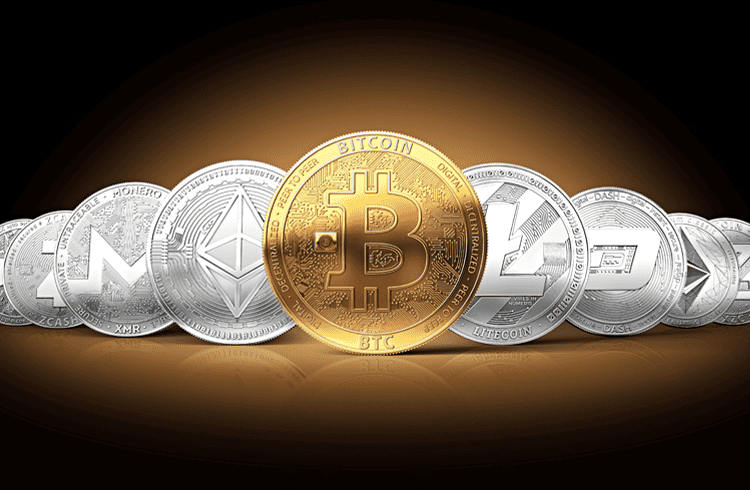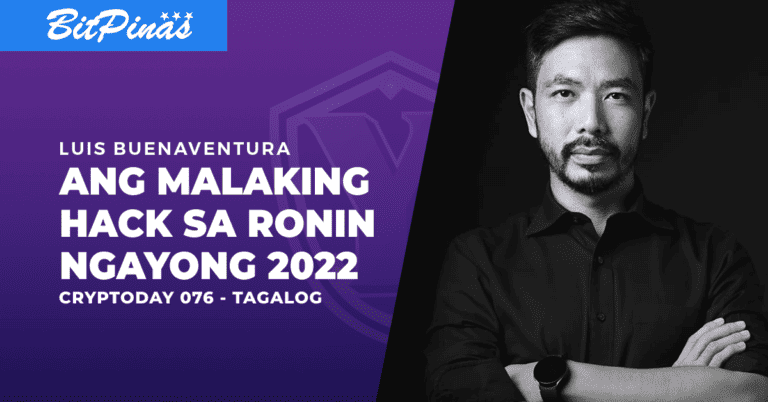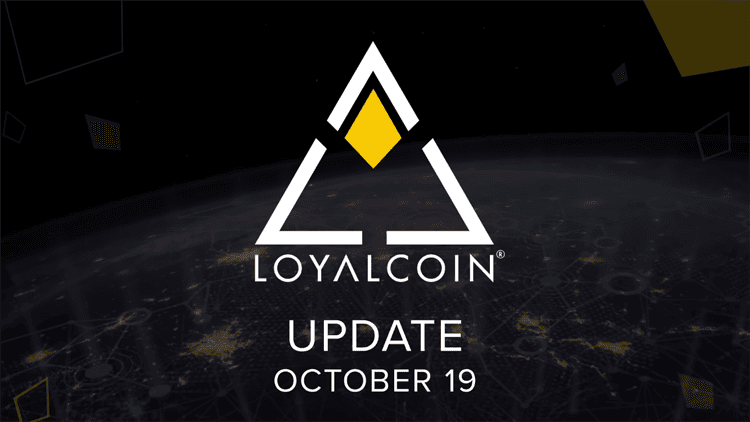nChain CEO: Philippines is Ripe for the Virtual Currency Market
As a lawyer, Mr. Nguyen is commending BSP’s initiative on making sensible regulations for virtual currencies. As these regulations will create consumer confidence.

With cryptocurrency, reaching high awareness in the Philippines, the Bangko Sentral ng Pilipinas (BSP) never neglected to remind Filipinos about its high volatility. The regulator even shared its approach to cryptocurrency with a good amount of warnings and guidelines.
This is why nChain CEO Mr. Jimmy Nguyen thinks that the Philippines is ripe for the virtual currency market.
In an interview with Bloomberg TV Philippines, Mr. Jimmy Nguyen, CEO of nChain shares his thoughts on blockchain and cryptocurrency development status in the country. He stated that BSP is handling the virtual currency boom through sensible regulation thus improving consumer confidence. He also added how cryptocurrency will impact the country’s overseas remittances. Although the Philippines is just slowly adopting the digital currency, it is on the right path.
“I think the Philippines is in the early stages of adopting cryptocurrencies generally—and blockchain technology.” – Mr. Jimmy Nguyen, CEO, nChain
OFW remittances are the biggest driver of the Philippine economy. In 2017, the World Bank estimated that OFW remittances to the Philippines hit $33 million, making the country the third largest remittance-receiving country in the world next to India and China.
“Remittance and wire transfers could be much cheaper and more efficient. And that’s important to the Philippines.” – Mr. Jimmy Nguyen, CEO, nChain
- Read more: How Bitcoin is Easing Remittances in Asia
“I know the BSP issued some guidelines recently to warn people to be careful about investing in virtual currency. In addition to recognizing the risks, it recognized the value for a country like the Philippines.” – Mr. Jimmy Nguyen, CEO, nChain
- Read more: BSP: Bitcoin not for Amateurs
As a lawyer, Mr. Nguyen is commending BSP’s initiative on making sensible regulations for virtual currencies. As these regulations will create consumer confidence.
BSP also shares that more and more companies are applying for a PH virtual currency exchange license. From 12 applicants to 29. An amount of Php 150 million or $2.9 million is needed as a minimum capital requirement. Mr. Nguyen thinks that the minimum is quite low but a good start.
“That capital requirement is fairly low, but we are dealing with people’s money. I think it’s important to require the wallet operators and the exchange operators to have backing so that we avoid situations like in Japan—with the Mt Gox hack a number of years ago.” – Mr. Jimmy Nguyen, CEO, nChain
Mr. Jimmy Nguyen is the CEO of nChain. He has a 21-year career experience as an intellectual property and digital technology lawyer. He is also a Certified Information Privacy Professional/US.
Source: Coingeek





